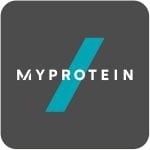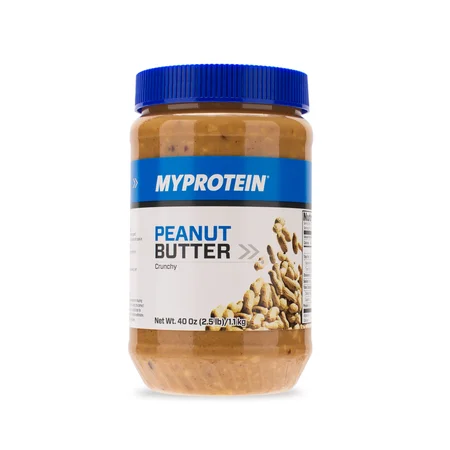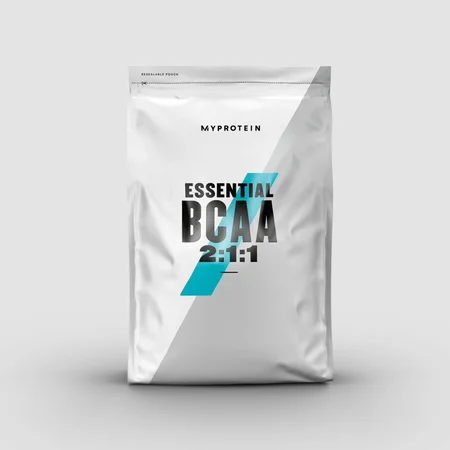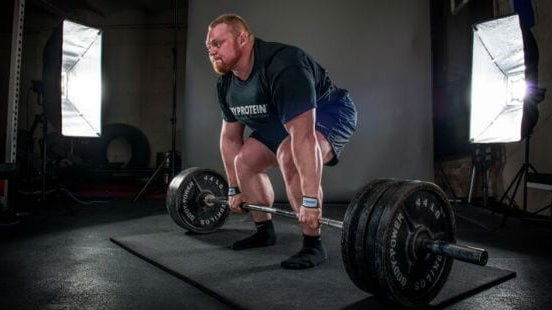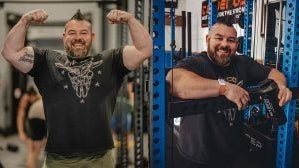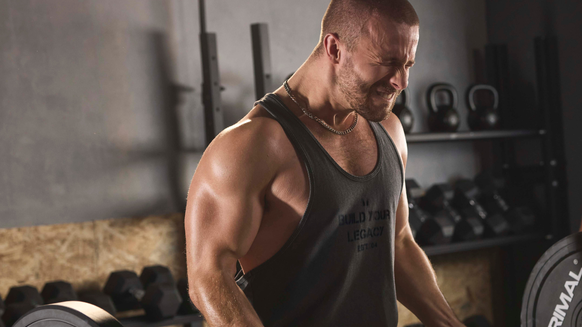
Diet has always been one of the most important assets in the bodybuilding arena. Phil Heath, 5 times Mr. Olympia, in the movie
Let’s take a deep dive into the current diet structure and compare it with the era of Arnold Schwarzenegger, 7 times Mr. Olympia winner and considered as the greatest bodybuilder of all time, irrespective of the number of titles he won.
Old School Bodybuilding
The 1970’s was considered a Golden Era for bodybuilding. Bodybuilding as a sport had its glory - it was a game of respected and humble sportsmen. The modern era too has big names and the show has grown more. The science has grown too much and so does the food.

Let’s compare what a 1970’s bodybuilder had on his daily plate with the present day. The 1970’s diet had more protein and less carbohydrates and fats.
Supplementation
The modern era has all that money can buy, or whatever your sponsorship can get for you. The current supplements range from pre-workout to post workout and from protein to nitric oxides to testosterone boosters - you name it, it's available. In the Golden Era the supplement industry was minimal, whey protein was a recent term and research on developing new products was happening. There were multivitamins though the supplement range was much less - old school bodybuilders totally relied on their food to reach nutrient goal.
Protein
The importance of protein was known back then. The majority of old school bodybuilders considered beef and turkey as the obvious choice for protein, some consumed fish and chicken but used to cycle them. The problem with fish was that it was not particularly filling. Ric Drasin, a 1970’s bodybuilder said, “I used to add fish into my diet for leaning purposes and would sometimes consume chicken and turkey. The results were always awesome”.
Arnold says, “I tried to maintain 0.88-1 gram of protein per pound of my bodyweight”. The modern era focuses on protein. Big competitive bodybuilders aim to consume 2-2.5 gram per pound of bodyweight to build more muscle.

As the science advanced, there are more and more sources of protein available in the market, with whey protein being a convenient option.
The protein hunt for the 1970s was a big task. They used to consume cottage cheese, dry milk powders, fish powders, soya protein just to meet their daily protein needs. An evening snack of an old school bodybuilder consisted of cottage cheese and a cheese omelet. The modern era snack has a protein drink with some fruit. Shakes seem to be a convenient way to push protein but it was a bit tougher then - old school bodybuilders stressed more on eating “real foods”.
Carbohydrates
The old school bodybuilders were doing what many people do nowadays - a lower-carb diet.
Being bulky was not the goal of old school bodybuilders. Compare the quad size of Arnold and Phil Heath - a big difference, right? Old school bodybuilders consumed just enough carbs to keep them fueled. Carbohydrate sources were mainly those that got coupled with the protein like cheese omelets, white rice, vegetables, fruits, oats, milk and peanut butters.

The old school bodybuilders would keep on cycling carbs and might drop onto a Ketogenic diet before the contest preparation. In the late 1970’s, Joe Weider, father of the Mr. Olympia Contest, came up with protein powder that was rich in carbs for those who were hard gainers. The powder was costly and not everyone could afford it so again diet was looked to to fix the potholes.
Due to the low-carb diet, bodies looked less full and bodybuilders complained of having poor workouts and strength. Losing fat was easy but was accompanied with low insulin levels, and injuries were prevalent.
Modern school bodybuilders aim at consuming the right amount of carbs and bulk up in the off-season. The bulking is done to gain muscle size which is done for around 4-6 months - eating lots of carbs increases the bodyweight and makes them huge. An off-season is usually a heavy lifting season, having lots of carbs to eat, feeding on cakes, pizzas, and white bread to gain faster.

Current bodybuilders like Branch Warren consume around 1000 grams of carbohydrates (4000 calories) daily and cut it with heavy cardio. George Farah, Warren's trainer, believes in the fact that the growing big theory works only if you intake good amount of carbs. This same principle is followed by Warren and the results are on the stage.
Fats
Old school bodybuilders used to eat lots of fats. They used to follow the Ketosis diet which is about eating more fat and fewer carbs, so that the body burns fat for energy. Some noted old school bodybuilders used to go to restaurants and eat cups of cream and relied on fats from daily products like cottage cheese, cheese slices, milk cream and high fat milk. Foods like butter and avocado were quite popular.

Modern-age bodybuilders do eat fats but they eat less relative to protein - fats constitute around 20% of the overall calories. Trans-fats are avoided as they are artificially prepared, though good fat sources like avocado, fish, fish oil, Linseed and Flaxseed are preferred. Most of the fat sources are available in form of capsules and tablets nowadays.
Fats are always a controversial topic among modern bodybuilders because of the high calorie count per gram.
Take-Home Message
Old school bodybuilders were not rich and were totally relied on their diet and training programs. There were few advancements in science to achieve results in weeks so it was a constant growing process. High intensity training with a good diet is still the key to success. Old school bodybuilders didn’t aim for being a 300 pound monster though - the era has changed, the supplementation industry has changed, and there’s so much science backing every aspect!
Both ages have seen some greats and it takes years of hard work and sacrifice to reach that level. There are now alternatives to whole food but there is no alternative to hard work.
